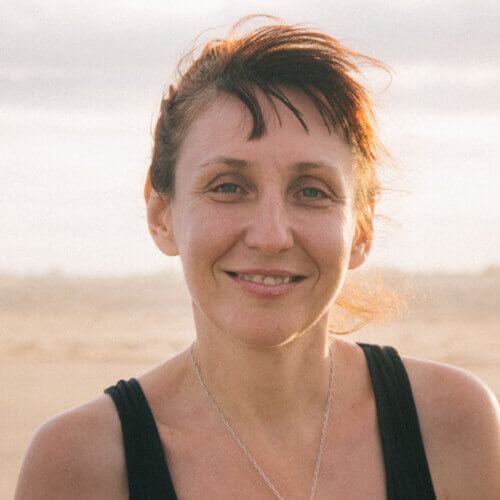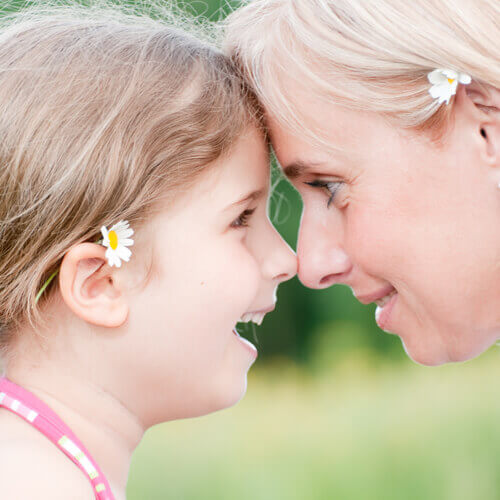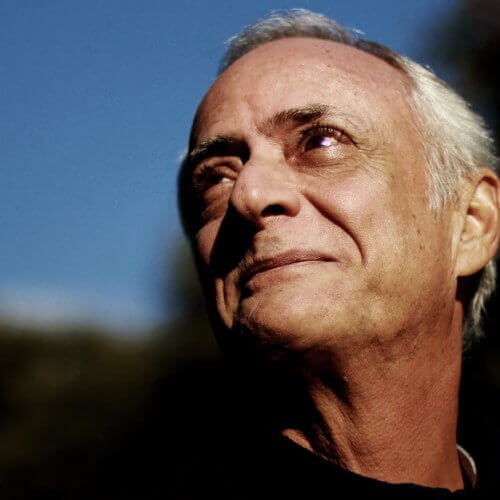Counselling & Support
To heal, you need to be heard.
Life can change when you talk to someone
who listens and responds with respect and care.
How does counselling at CASACV work?
Counselling is a collaboration between a qualified counsellor and a client — you.
When you talk with a trained professional they can help you resolve your feelings and concerns, enhance your self-understanding, and improve your mental health and wellbeing
When you tell someone who listens with care and respect, life can change dramatically.
By talking with us, we can help you recover from sexual assault or help you support someone else. Central to our approach is that we do not ask you to retell your experience. We focus on where you are in your life right now and give you the supports you need in the present context.
CASA counselling is free and confidential
Our support and counselling is free and confidential. We offer short to medium term options. Everything you tell us is completely confidential and we will not share your story with any other agency (unless we are legally required to do so). At all times we’re guided by the notions of non-judgement, nurturing, justice and an unconditional positive regard.
Our counselling is on a one on one basis, or we offer group counselling, known as groupwork or support groups.
Counsellors may address such issues as:
- recognising and understanding the dynamics of abuse;
- exploring the impact of past and current abuse;
- learning coping and assertiveness skills; or
- how to strengthen self-confidence and self-worth.
The counselling approaches we offer are:
- trauma based intervention;
- family based intervention therapy;
- somatic interventions resources (non-verbal modalities);
- Eye Movement Desensitisation and Reprocessing (EMDR);
- creative therapies including play, art and sand; and
- developmental approaches and attachment theory (for children and young people).
Counsellors may also provide support during criminal justice proceedings.
Our counsellors
All our counsellors are trained specialists with experience in providing support and advocacy.
Our team come from a range of professions including:
- psychology;
- social work;
- family therapy ;
- child psychotherapy;
- art therapy; and
- play and sand play therapy
What will counselling do for me?
The counselling process can help restore hope and trust through therapeutic approaches that guide, support and ultimately have the power to heal. Healing is not linear it is a process. It’s like a spiral where you pass through stages to different perspectives. With each new stage of healing your capacity to feel, to remember, and to make lasting changes is strengthened.
Read stories from other people we have listened to, guided and helped to heal.
Counselling for everyone
We support anyone who has experienced a recent or historical sexual assault. Sexual assault can happen to the young or old, female or male, single or married, wealthy or not, or from any ethnic background.
Our teams work with adults, children, gender diverse people, families, carers and community members to understand a person’s experience to support hope, trust and recovery.
We also provide support to non-offending family, carers and friends. We know that everyone in the community (a small family group or a wider social network) needs guidance and support so they can then offer their help to those directly impacted.
Counselling for adults
We offer counselling, support and referral for adults who have experienced a recent or historical sexual assault. All our counsellors are trained specialists with experiencing providing support and advocacy.
Counsellors may address such issues as:
- recognising and understanding the dynamics of abuse
- exploring the impact of past and current abuse;
- learning coping and assertiveness skills; or
- how to strengthen self-confidence & self-worth
Counselling and support for adults brochure


Counselling for children and families
Children often experience sexual abuse by a trusted person in their lives. This experience then impacts their ability to trust and believe in others. With care, understanding, empathy and nurturing, children can and do recover from sexual abuse.
We provide specialised assessment and treatment in a safe environment for children of any age to heal from traumatic experiences. We draw from therapeutic techniques informed by child development, attachment and neurobiology research. Our Counsellors utilise a variety of play based approaches and are trained in sandtray play theory, art therapy and somatic resourcing. Counsellors also provide support, consultation and referrals to non-offending parents, guardians and other family members. We support schools and other organisations to through advocacy and guidance to support the needs of the directly affected child.
Counselling and support for children brochure
Counselling for young people
As a result of sexual trauma young people can exhibit behaviours that are complex and confusing. These young people are often labelled as disruptive and defiant. They can be disengaged learners who are at high risk of disconnecting from school. These behaviours are often engaged to manage their own feelings and needs. With support, young people can, and do, recover from the effects of sexual trauma. But to do so they need adults in their lives to listen, believe them and understand their unique needs.
We provide specialised assessment and treatment for young people who have experienced sexual abuse. Our Counsellors utilise a variety of therapeutic techniques informed by child development, psychology and neurobiology research. Counsellors also provide support, consultation and referrals to non-offending parents, guardians and family members. We support schools and other organisations through advocacy and guidance to support the needs of the directly affected young person.
Counselling and support for young people brochureREFOCUS
For under 18s who display problematic or abusive sexualised behaviour we offer an intensive intervention program. This is called REFOCUS and facilitated by trained therapists.
Read more about our REFOCUS program
REFOCUS program - brochure for young people REFOCUS program - brochure for parents and carers


Groupwork counselling
Our psycho-educational therapeutic group counselling program focuses on a range of issues including:
- understanding the dynamics of abuse;
- boundary setting;
- coping with stress;
- healthy relationship choices;
- self-worth; and
- encouraging peer support.
Advice and support for family and friends
We also offer consultations that collaborate with other people involved in wellbeing, such as school counsellors, support workers and other carers. These secondary consultations enable support networks to provide additional care and advocacy during the journey to healing.
Other ways we can help
We also offer comfort and support for events following a sexual assault. For example if you, or a family
member, need to give a police statement or undergo a forensic examination.
Contact us weekdays between 9am–5pm on (03) 5441 0430.
All calls outside our office hours are diverted to the 24 hour Victorian Sexual Assault Crisis Line:
1800 806 292
Referrals
We can provide referrals to other support services such as:
- accommodation options
- legal services
- accomodation services
- legal services
- drug and alcohol detox and support
- victims of Crime support
- sexual and reproductive heath

CASA theoretical framework
CASA operates from a structuralist human right, feminist analysis of sexual assault.
To read more about the theoretical approaches to our work at CASA, please read the Theoretical framework of the About us page.
Other Services
National Redress Scheme Support Service by Loddon Campaspe Multicultural Service https://lcms.org.au/community-programs/national-redress-scheme-support-services/
National Redress Scheme for people who have experienced institutional child sexual abuse.
If you have experienced sexual violence in an institutional context, you may be able to:
- Make an application directly to the National Redress Scheme: https://www.nationalredress.gov.au/
- Make an application to the National Redress Scheme via the Redress Scheme Support Service offered by Loddon Campaspe Multicultural Service: https://lcms.org.au/community-programs/national-redress-scheme-support-services/
- get up to $150 000 compensation.
- get a direct personal response, such as an apology.
- get a package of at least 20 hours of counselling.
Who can apply?
To apply for Redress, the abuse must have occurred when you were a child under 18 years of age and occurred before 1 July 2018.
An institution (such as a church, school, club, or business) must have been involved in bringing you and your abuser into contact.
Applications are open to people born before 30 June 2010 and who at time of application are Australian Citizens or Permanent Residents.
How to apply
- Make an application directly to the National Redress Scheme: https://www.nationalredress.gov.au/
or
- Make an application to the National Redress Scheme via the Redress Scheme Support Service offered by Loddon Campaspe Multicultural Service: https://lcms.org.au/community-programs/national-redress-scheme-support-services/ or call 0403 626 805
Loddon Campaspe Multicultural Services provides free assistance to put together your application to the National Redress Scheme. As a multicultural service they welcome people from all cultures. Loddon Campaspe Multicultural Services offers support face to face to people in Central Victoria, and telephone/remote assistance to others.